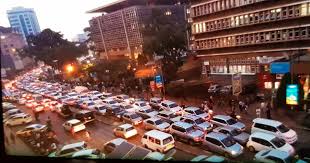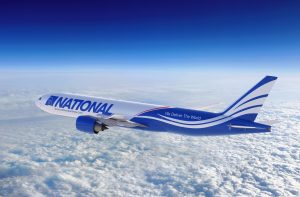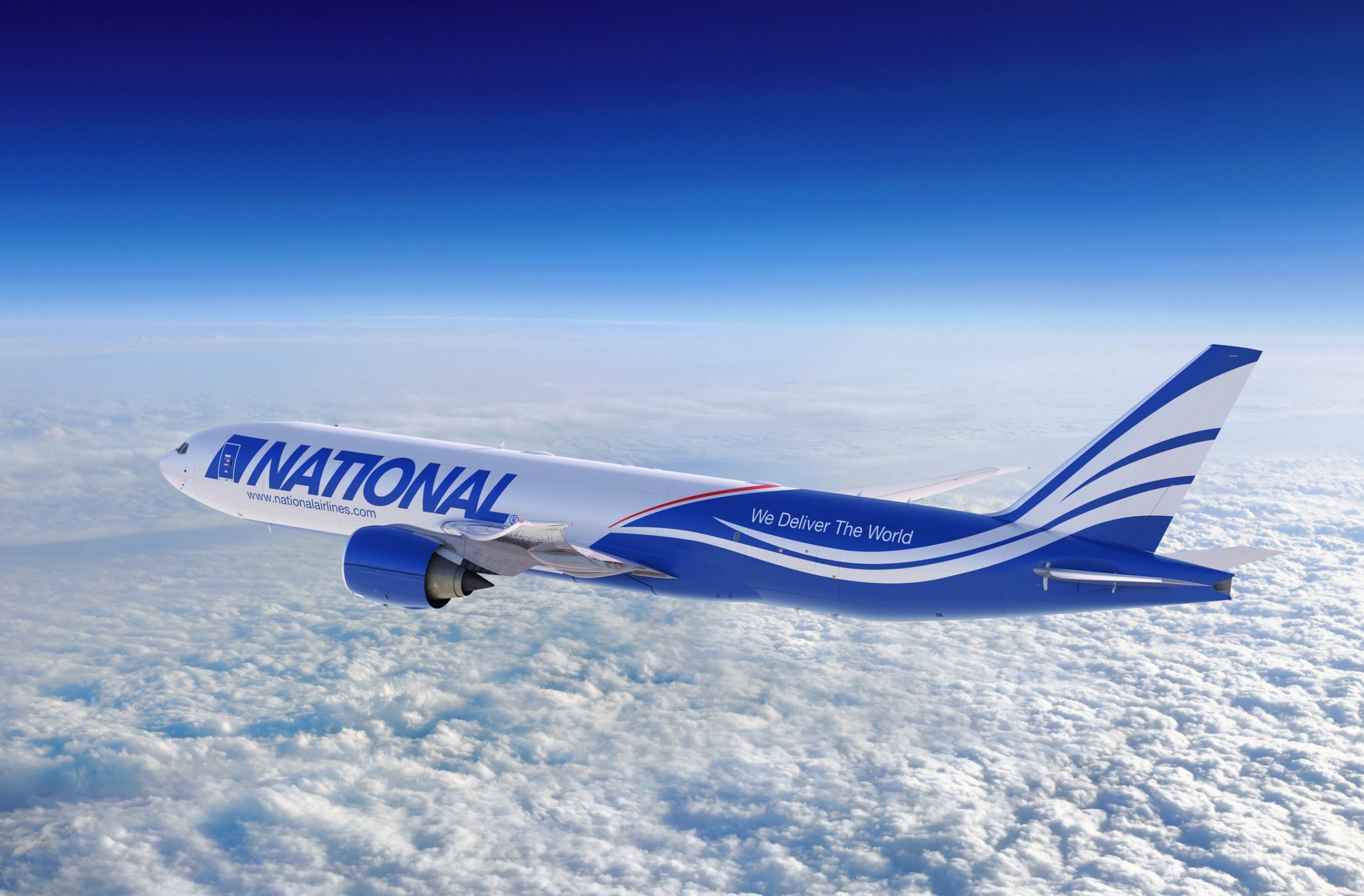By Denis Jjuuko
Last weekend, a new team of executives was proposed by the President to lead the Kampala Capital City Authority (KCCA) after the resignation of Jennifer Musisi Ssemakula two years ago. The letter nominating the new team, which widely circulated on social media indicated that they should go through formal interviews I think as some form of legal measure. Their jobs are assured. I offer my warmest congratulations.
I must admit that I am not sure what is entailed in their terms of reference but one area that is making Kampala ungovernable is the issue of transport. The outgoing acting team recently came up with taxi routes and numbers but I am not sure how they solve the city’s endemic traffic nightmare. It is unacceptable for people to spend 2-3 hours driving a distance of less than 20km — the same amount of time an average pedestrian needs to cover the same distance. So on average, people who work in Kampala lose four hours every day in traffic which translates to about 1,040 hours a year for those who work five-day weeks.
Uganda’s economy is mainly based in Kampala and therefore makes losses of approximately US$800m or Shs3 trillion a year in gross domestic product according to the World Bank. KCCA itself carries this unwanted statistic on its website.
There is a need to significantly consider public transport by implementing a multimodal mass transit system that can decongest Kampala. One of the ways Dorothy Kisaka, the nominated Executive Director for KCCA needs to look at is buses. The time for 14-seat passenger vans (taxis) is over.
A bus with the capacity to carry 90 passengers can get 6.4 taxis and about 40-45 vehicles off the road. Private vehicles carry on average only two people. I know that Ugandans love cars but they do so mainly because of systematic problems in the public transport sector. Many cars for office workers are parked all day and they are expensive to buy, fuel and maintain. A reliable public transport system would see many people dump cars and free up their resources to invest elsewhere. On average, a reliable old car costs approximately Shs20m — enough money to start a sustainable business that can employ a few people.
Buses offer the first step in this multimodal approach. Kiira Motors, a government entity, has developed capacity over the years to make vehicles. Their Kayoola EVS, fully electric, city buses could save Kampala from congestion as well as from the fumes of 15-year-old vehicles that dominate the streets. KCCA can easily organize taxi entrepreneurs to consider buses. They can give them incentives such as special lanes.
A part of Kampala city roads is reserved for street parking. If we worked on our public transport, there would be no need for street parking since many people will be coming to the city by public means. The buses won’t need any parking as they would be consistently on the move whether with passengers or not. The spaces designated for street parking will then be made special lanes for buses. The same lanes for buses could be used by trams. The people who are currently employed in the taxi sector will still be employed on the buses and trams. In fact, more people will even get jobs.
With buses in place, KCCA can go ahead and charge prohibitive fees to private motorists to enter the city. The parking fees can also be raised to deter street parking in the areas where bus lanes are not needed.
Many people who drive private vehicles in Kampala as a form of transport easily jump on public transport vehicles while outside the country. If they can jump on trains and buses in London or Dubai, why can’t they do so in Kampala?
If we make Kampala expensive for people to drive in, they will use public transport or force others to work from home. As COVID-19 has taught us, most office work can be done from home. During the lockdown, many people managed to accomplish their work from wherever they were. Once the lockdown was lifted, they went back to their routines. Many times people drive to Kampala for meetings, banking, and such other stuff that can be done online. Of course, it is always nice to meet people physically and establish proper relationships but such meetings should only be held when necessary.
The writer is a communication and visibility consultant. djjuuko@gmail.com










